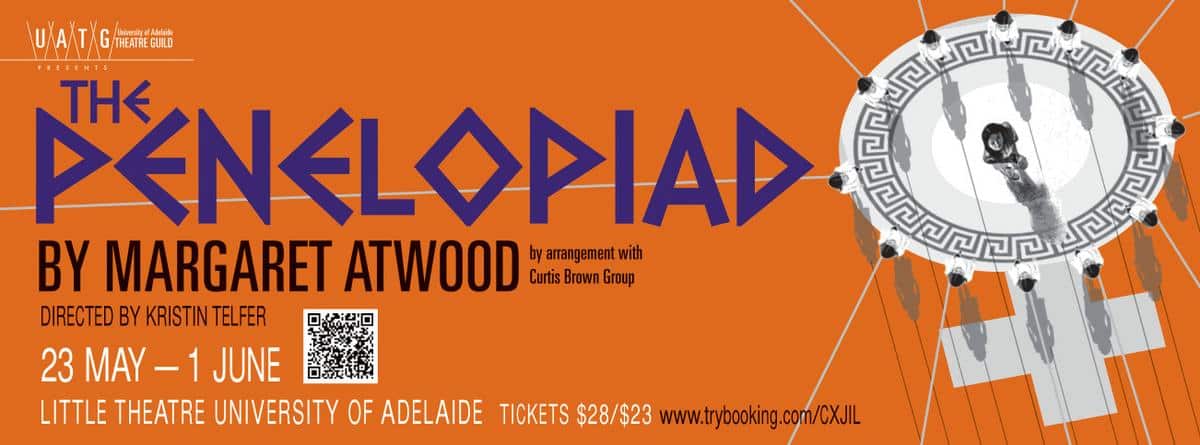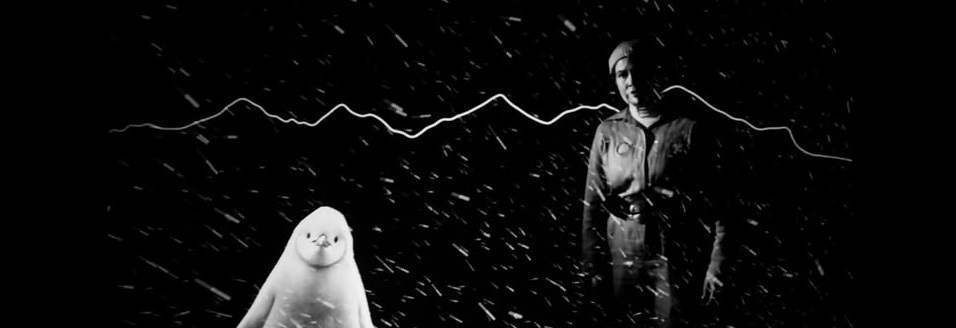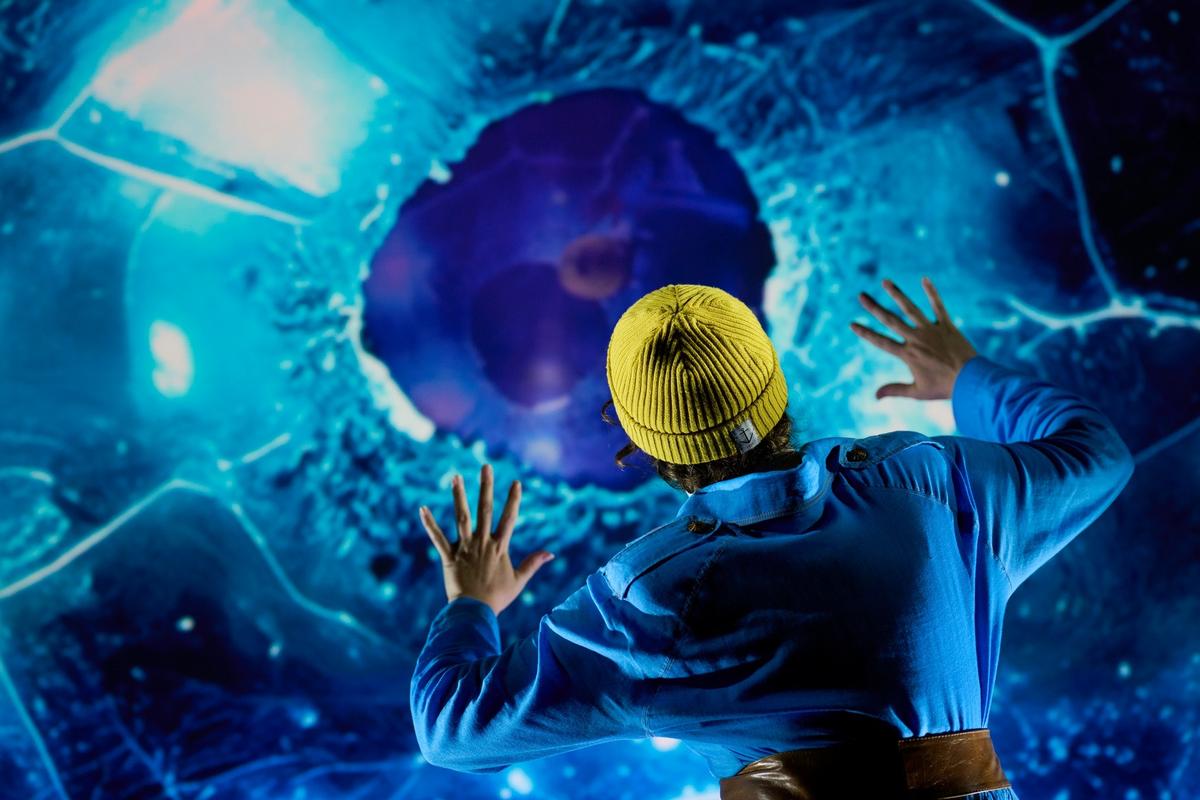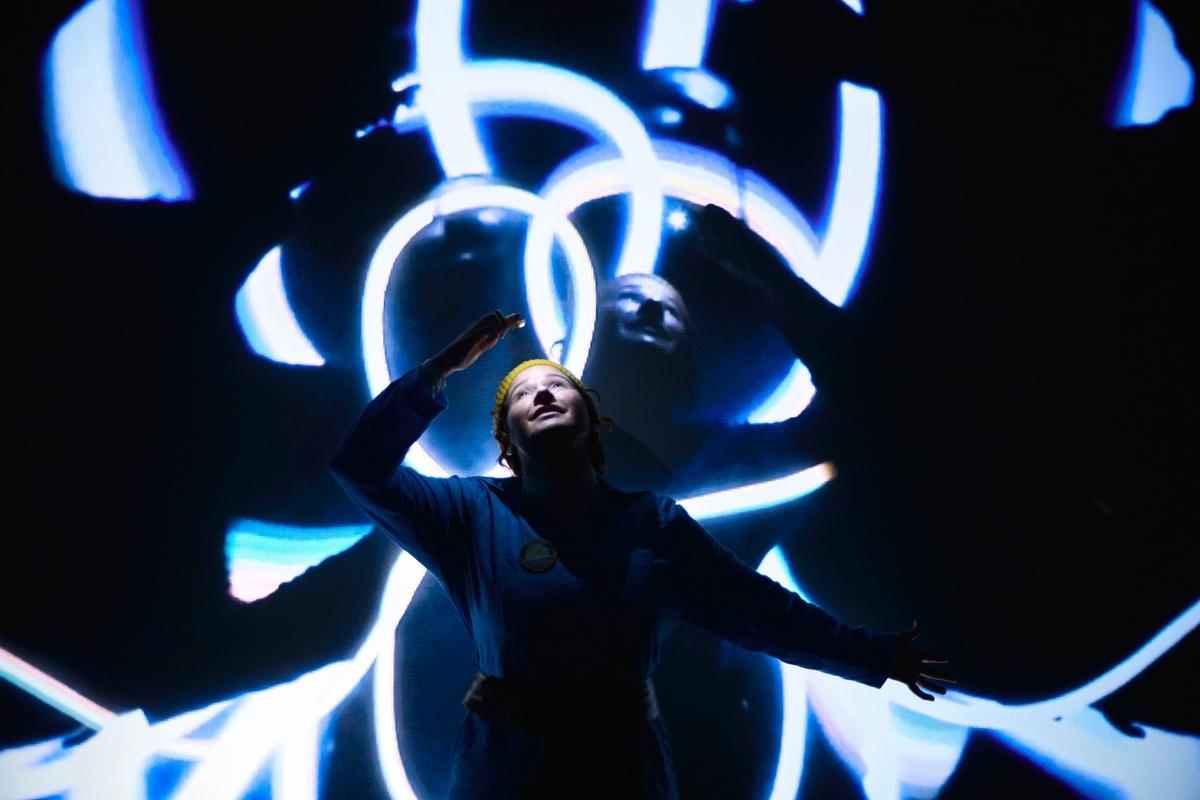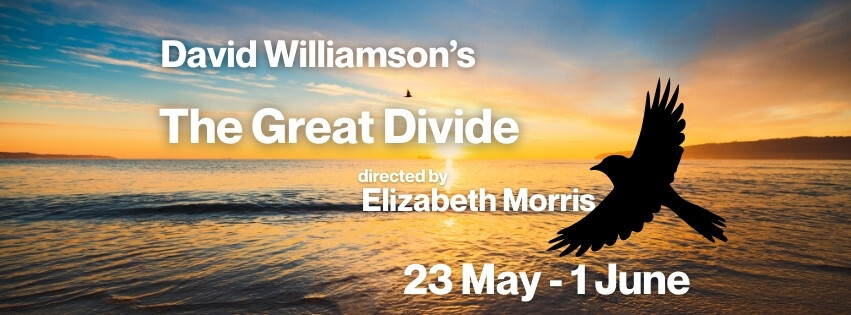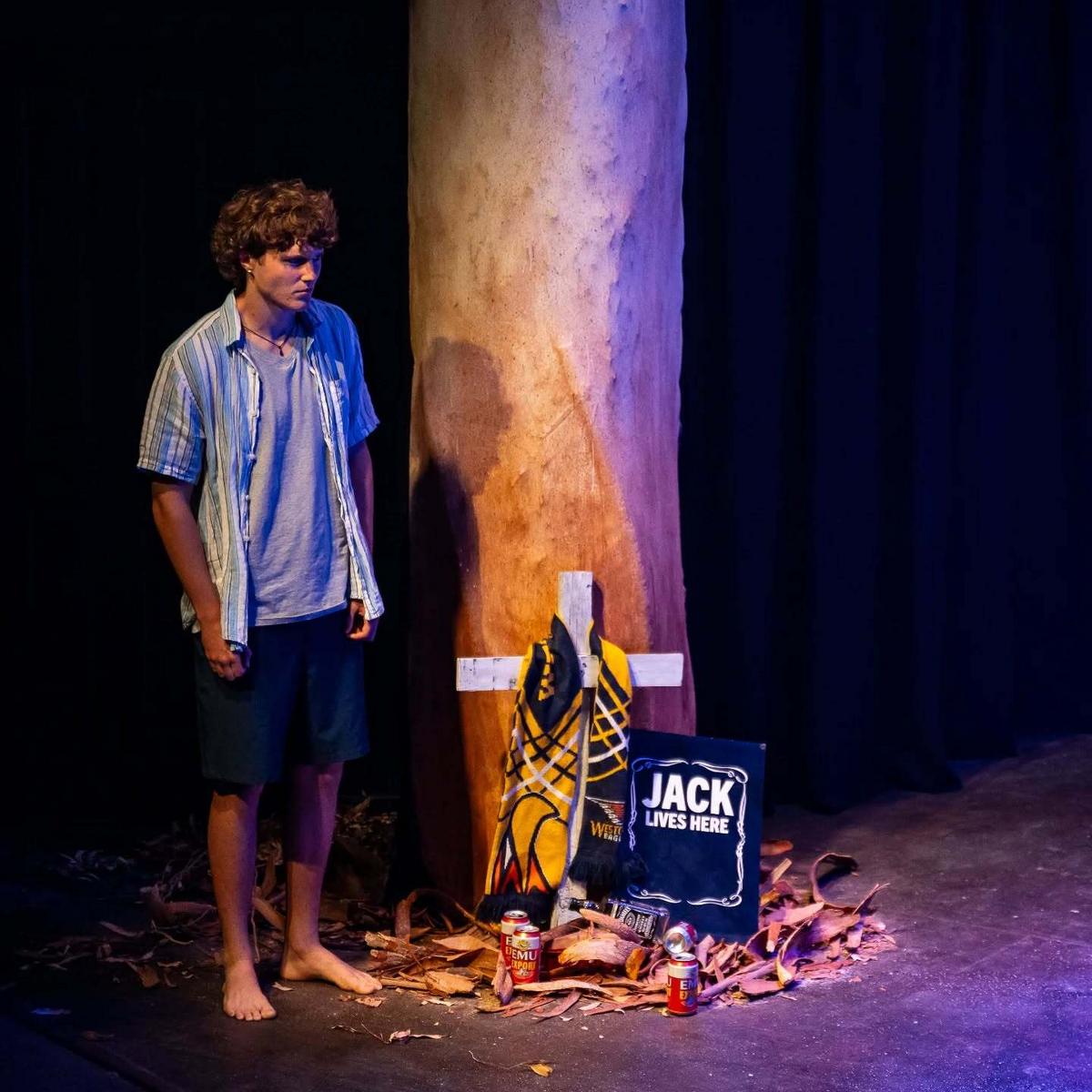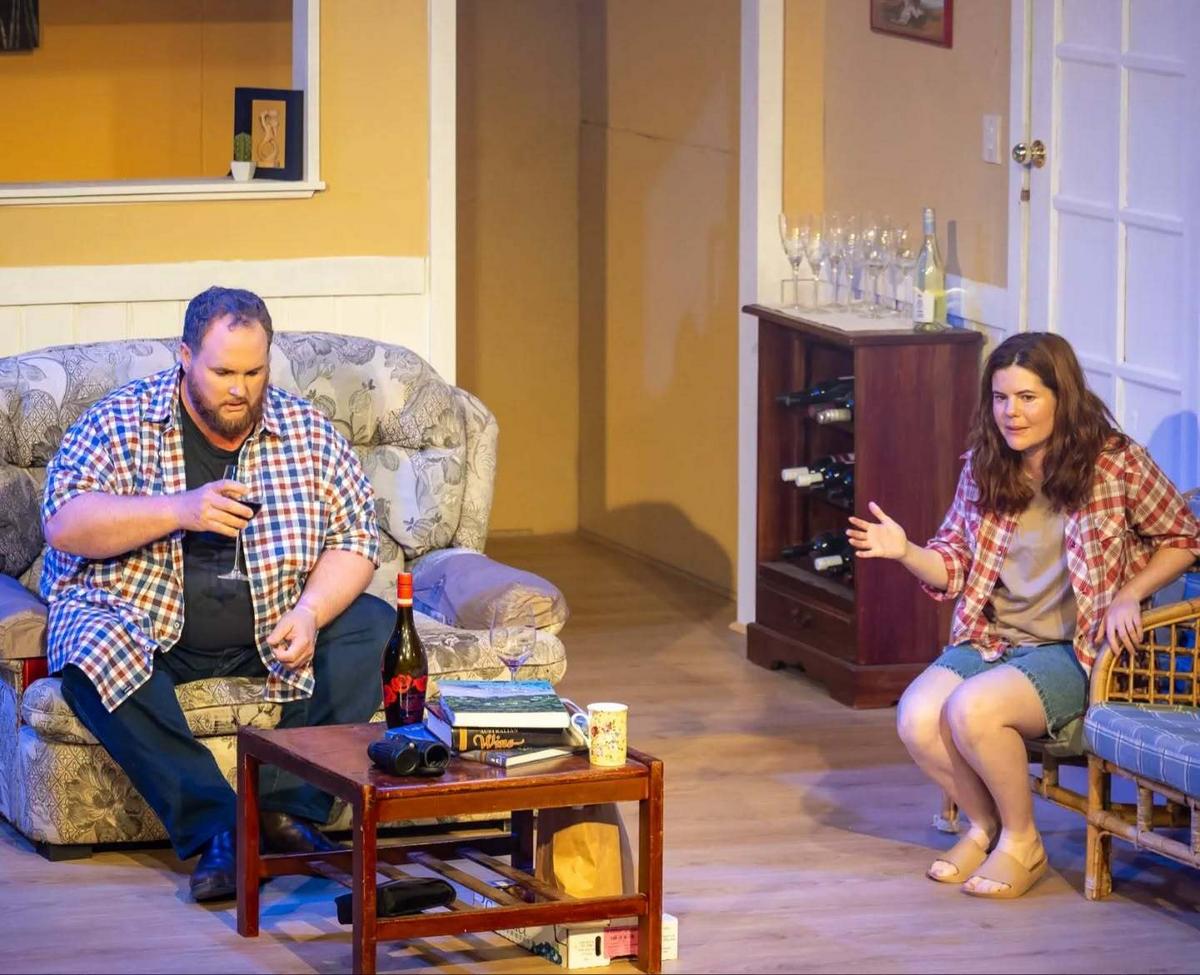The Penelopiad is a novella written by Margaret Atwood as a mythological reimagining of the classic Greek tale of Homer’s Odyssey. But, unlike Odyssey, The Penelopiad follows a linear structure, making the tale somewhat easier to follow. Atwood’s storytelling gives Odysseus’ wife, Penelope, a voice and allows the account to be told from her perspective. As such, Atwood has been accused of writing a feminist story, which she denies, but given her well-publicised views on feminism, this is an interesting consideration. What this storytelling does is highlight the difference a perspective can make.
From the Underworld, Penelope begins by telling of her childhood, at which time her father tried to drown her, but she survived, saved by a flock of ducks. Her twelve maids, who were later hanged by Penelope’s son, Telemachus and Odysseus, often interrupt her storytelling to voice their experiences, which contrast with Penelope’s privilege, as they recount their suffering. Penelope’s marriage to Odysseus is built on a lie as he cheats in a running race to win her hand, but ultimately she does fall in love with him and is not aware of the deception.
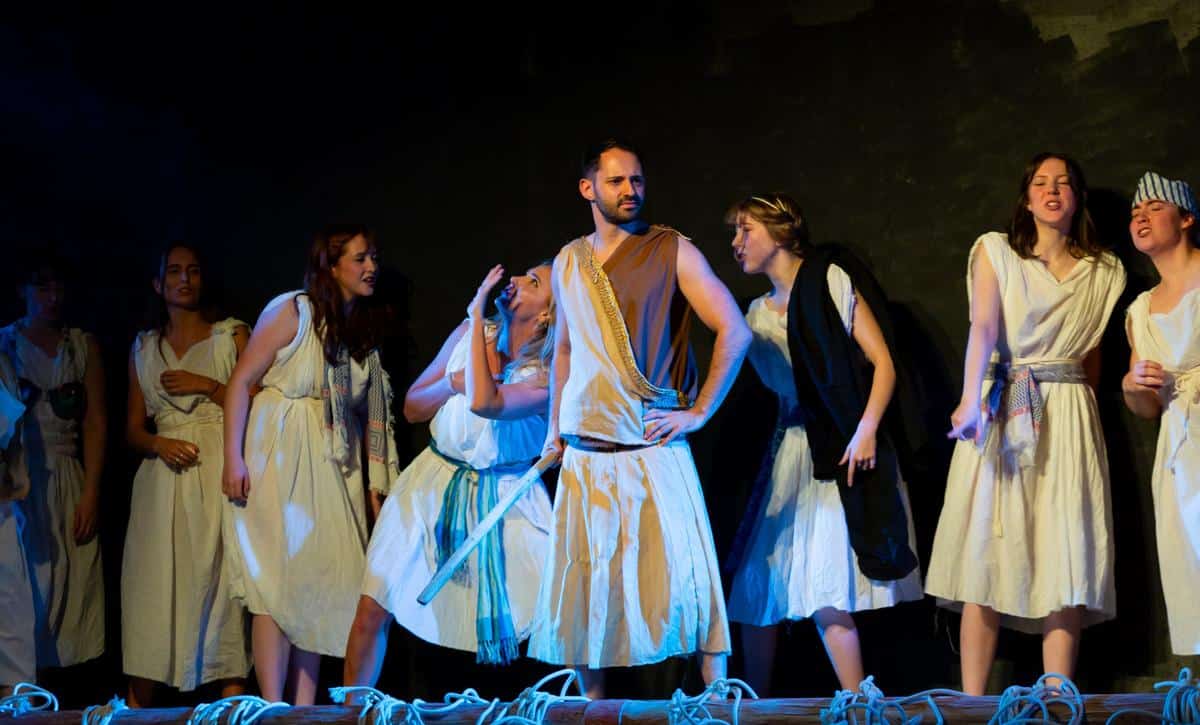
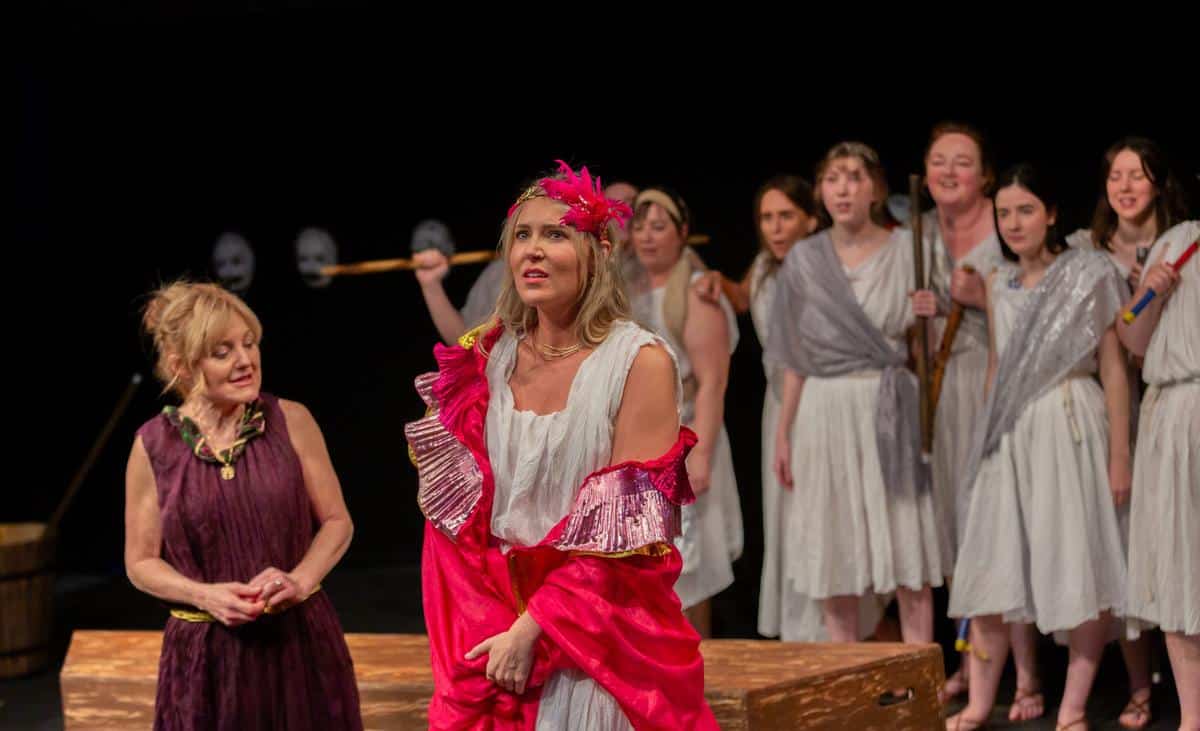
Odysseus spends 10 years in Troy defending the honour of King Menelaus and over this time Penelope is tasked with finding another suitor as Odysseus is not returning home. Following Penelope’s orders, The Maid’s plight ends horribly. When Odysseus eventually returns home, he engages his childhood nurse Eurycleia to tell him which of Penelope’s maids have been disloyal to him and he and his son Telemachus hang the disloyal twelve.
Penelope’s maids avoid her in the Underworld, and she still blames Helen (King Menelaus’ wife) for the Trojan War. She also continues to meet Odysseus whenever one of his new lives ends, as he consistently chooses to be reborn into the world of the living. However, the maids are tireless in their pursuit of Odysseus, haunting him on earth and in the Underworld.
The University of Adelaide Theatre Guild has taken on the mammoth task of bringing this story to life and, overall, the cast worked cohesively and were clearly committed to making the production a success. The Twelve Maids choral work was a welcome interlude as they executed Kristin Stefanoff’s original music beautifully, especially when considering their primary job was as dramatic performers. Costuming was effective and better utilised in the second half when the maids’ roles as both male and female characters were distinguished by the wearing of masks.
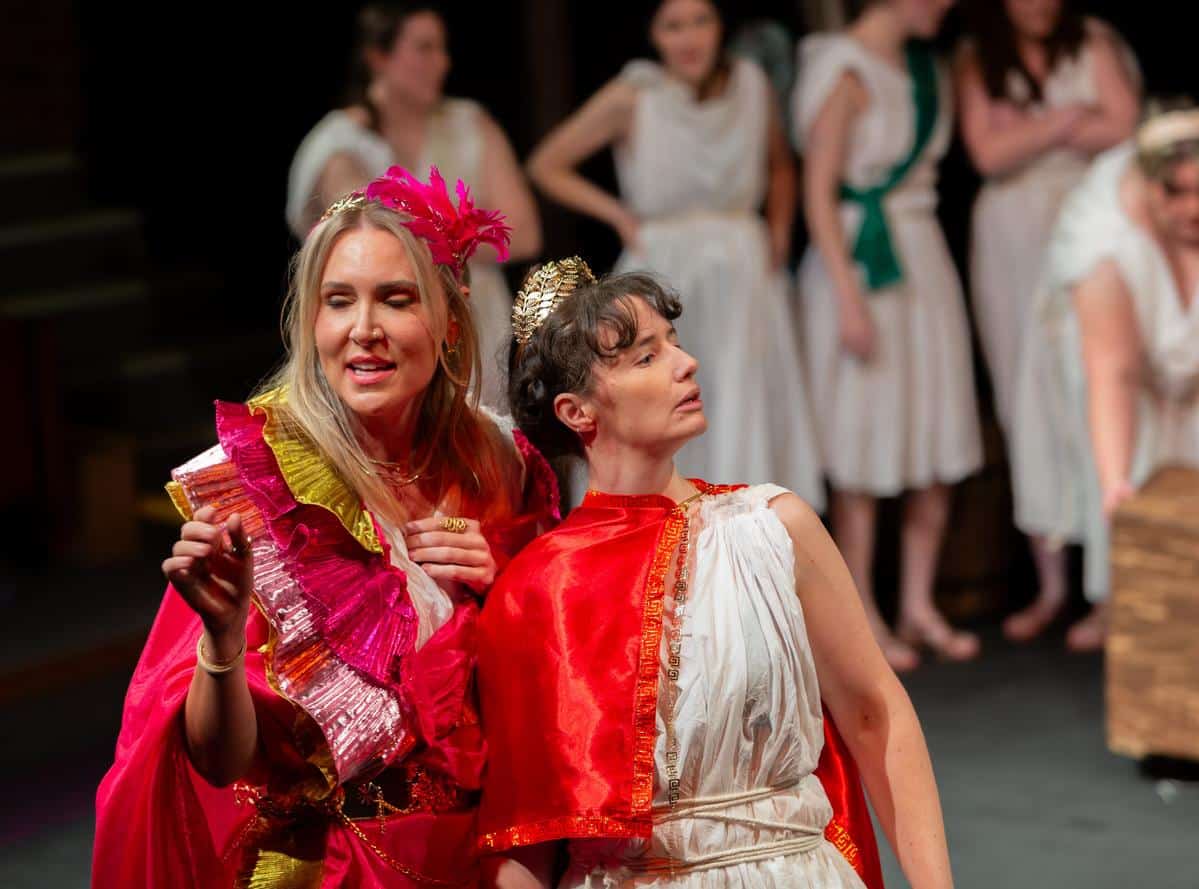
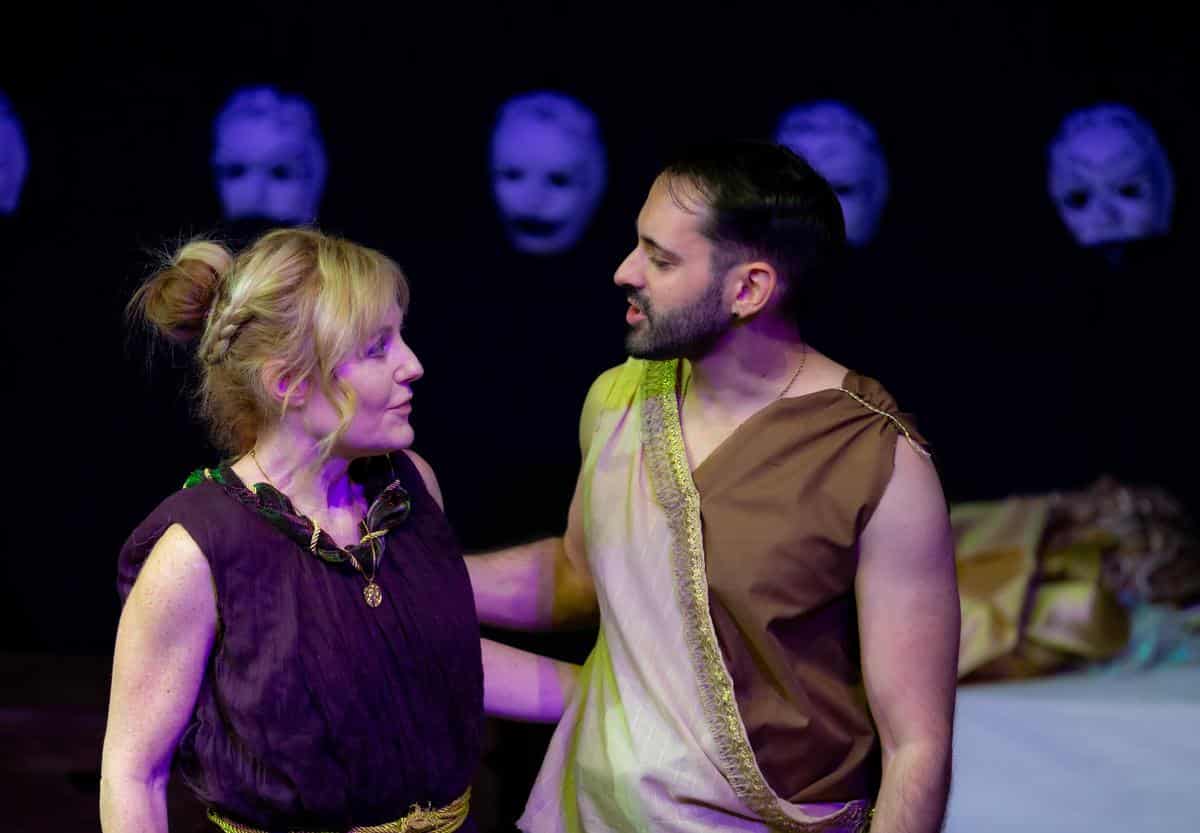
The moving of a seating prop was somewhat noisy and distracting – hopefully, this will not be the case in upcoming performances. The fight scene was well-choreographed but lacked intensity, although this may develop throughout the run of the production. Direction was imaginative in its use of the intimate space that the University’s Little Theatre provides.
Jane Ford portrayed Penelope with a convincing level of believability (a massive role full of lengthy monologues that this actor performed without one stumble – bravo), Theo Papazis did a credible job of his portrayal of Odysseus, but his Australian accent broke the characterisation on occasion. The Twelve Maids were committed to their roles; however, the wearing of modern nail polish, face piercings and modern jewellery felt out of place in this production. Kudos for a standout performance for this reviewer was Fredrick Pincombe as Telemachus – this is an actor to be watched!
The Penelopiad runs from 23 May to 1 June 2025; remaining session dates and times are as follows:-
– Wednesday 28 May at 6:30pm (with post-show Q&A)
– Thursday 29 May at 7:30pm
– Friday 30 May at 7:30pm
– Saturday 31 May at 3pm
– Sunday 1 June at 3pm
To book tickets to The Penelopiad, please visit https://www.trybooking.com/events/landing/1324503.
Photography: Maggie Morris of The Multimedia Emporium
